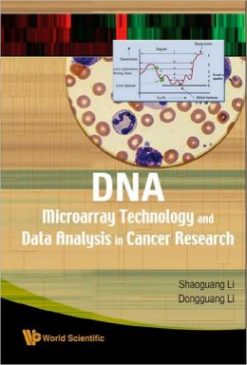by Chee Kai Chua, Wai Yee Yeong
At labs around the world, researchers have been experimenting with bioprinting, first just to see whether it was possible to push cells through a printhead without killing them (in most cases it is), and then trying to make cartilage, bone, skin, blood vessels, small bits of liver and other tissues. There are other ways to try to “engineer” tissue — one involves creating a scaffold out of plastics or other materials and adding cells to it. In theory, at least, a bioprinter has advantages in manipulating control of the placement of cells and other components to mimic natural structures.
But just as the claims made for 3-D printing technology sometimes exceed the reality, the field of bioprinting has seen its share of hype. The reality is that, although bioprinting researchers have made great strides, there are many formidable obstacles to overcome. Nobody who has any credibility claims they can print organs, or believes in their heart of hearts that that will happen in the next 20 years, but for operations like hip replacement, advance in Bio-printing has made customization of certain body parts possible.
This book will start from the concept of Tissue Engineering, covering various approaches in Scaffolds for tissue engineering, Bioprinting techniques and Materials for bioprinting, Cell processing, 3D cell culture techniques, Computational design and simulation, multi-disciplinary approaches in bioprinting and finally cover the applications of bioprinting.
Contents:
- Introduction to Tissue Engineering
- Scaffolds for Tissue Engineering
- Bioprinting Techniques
- Material for Bioprinting
- Cell Sources for Bioprinting
- Three-Dimensional Cell Culture
- Computational Design and Simulation
- Applications of Bioprinting: Challenges and Potential
Readership: Senior undergraduates, researcher students in tissue engineering, general public and professional.
Key Features:
- Only book that has a specific focus on bioprinting. The book will be organized by platform technologies and each chapter represents an important element in the bioprinting process chain
- It is a textbook to guide readers into the bioprinting field, with coverage on major bioprinter vendors and their system mechanisms, advantages and disadvantages as well as provide varied examples
- Provision of review questions at the end of each chapter makes this book ideal for students
Product Details
- ISBN-13: 9789814612135
- Publisher: World Scientific Publishing Company, Incorporated
- Publication date: 11/27/2014
- Series:WSPC BOOK SERIES IN 3D PRINTING , #1
- Pages: 296










Reviews
There are no reviews yet.